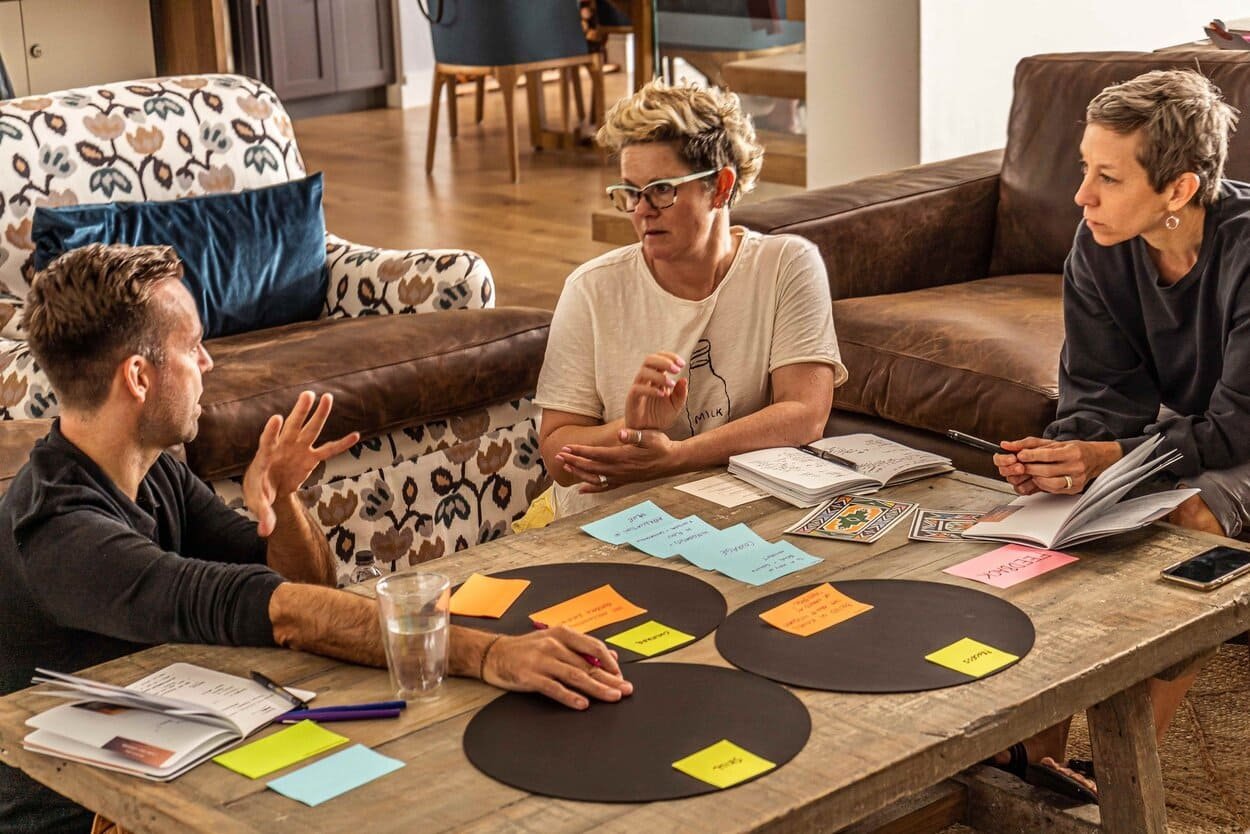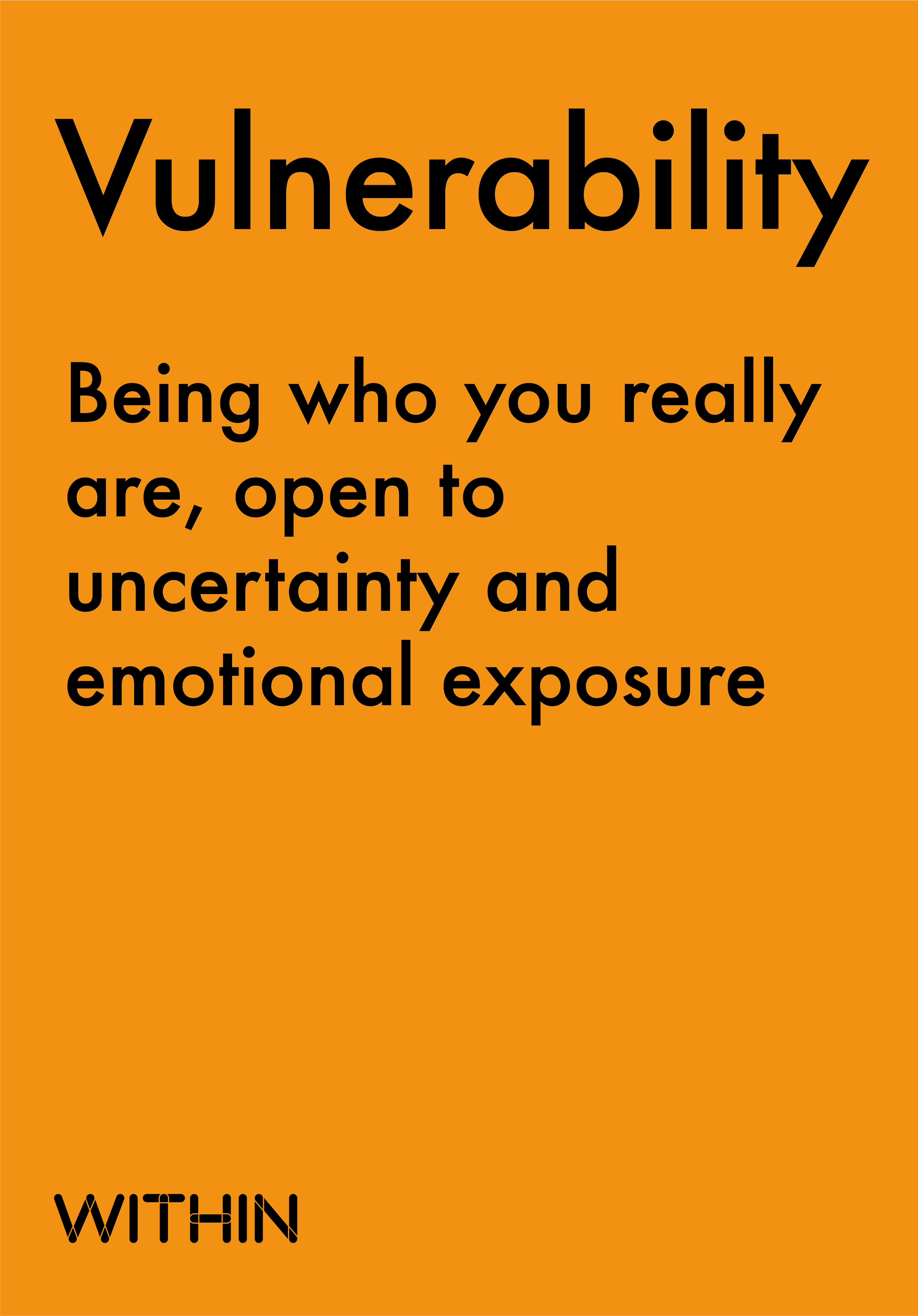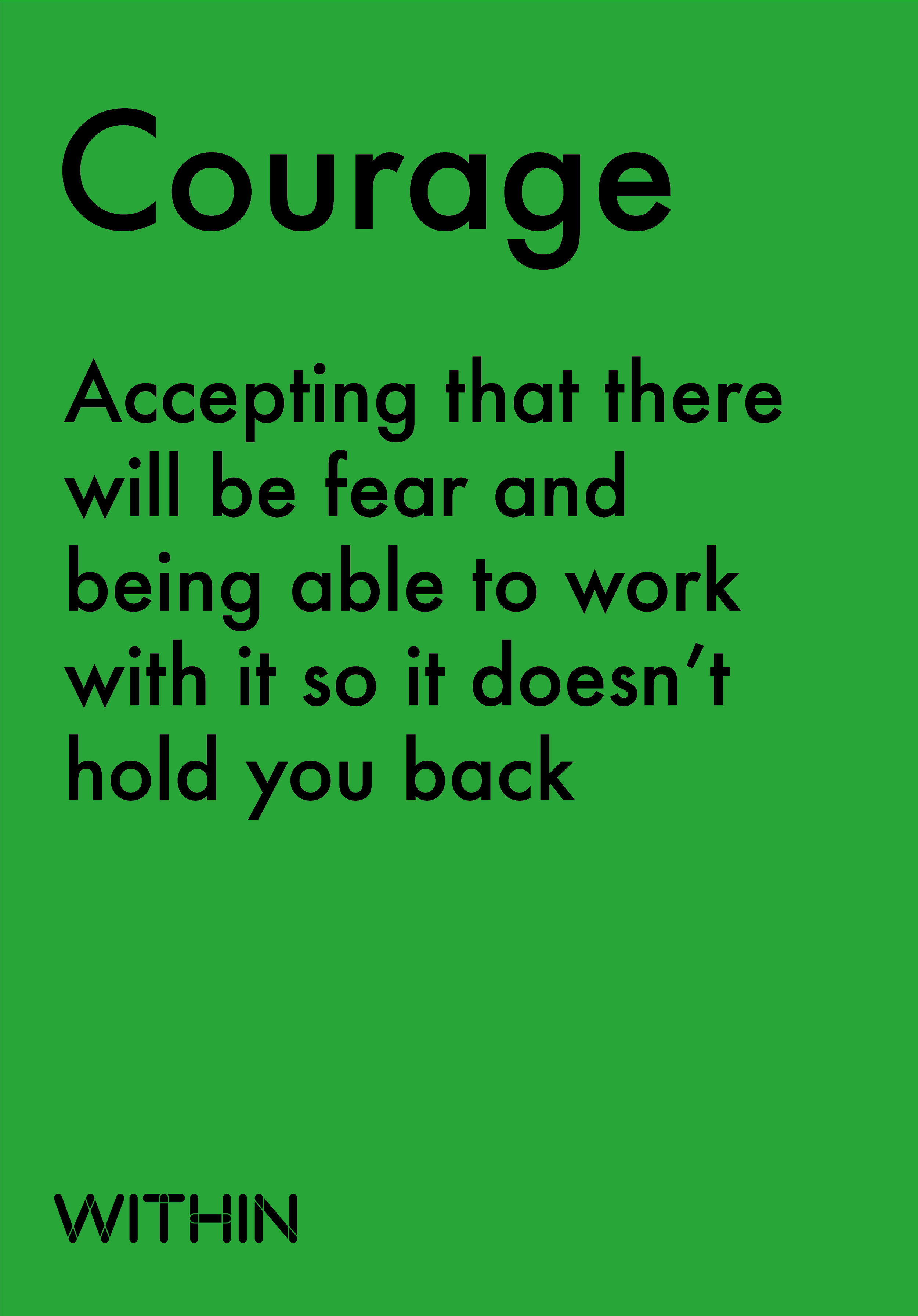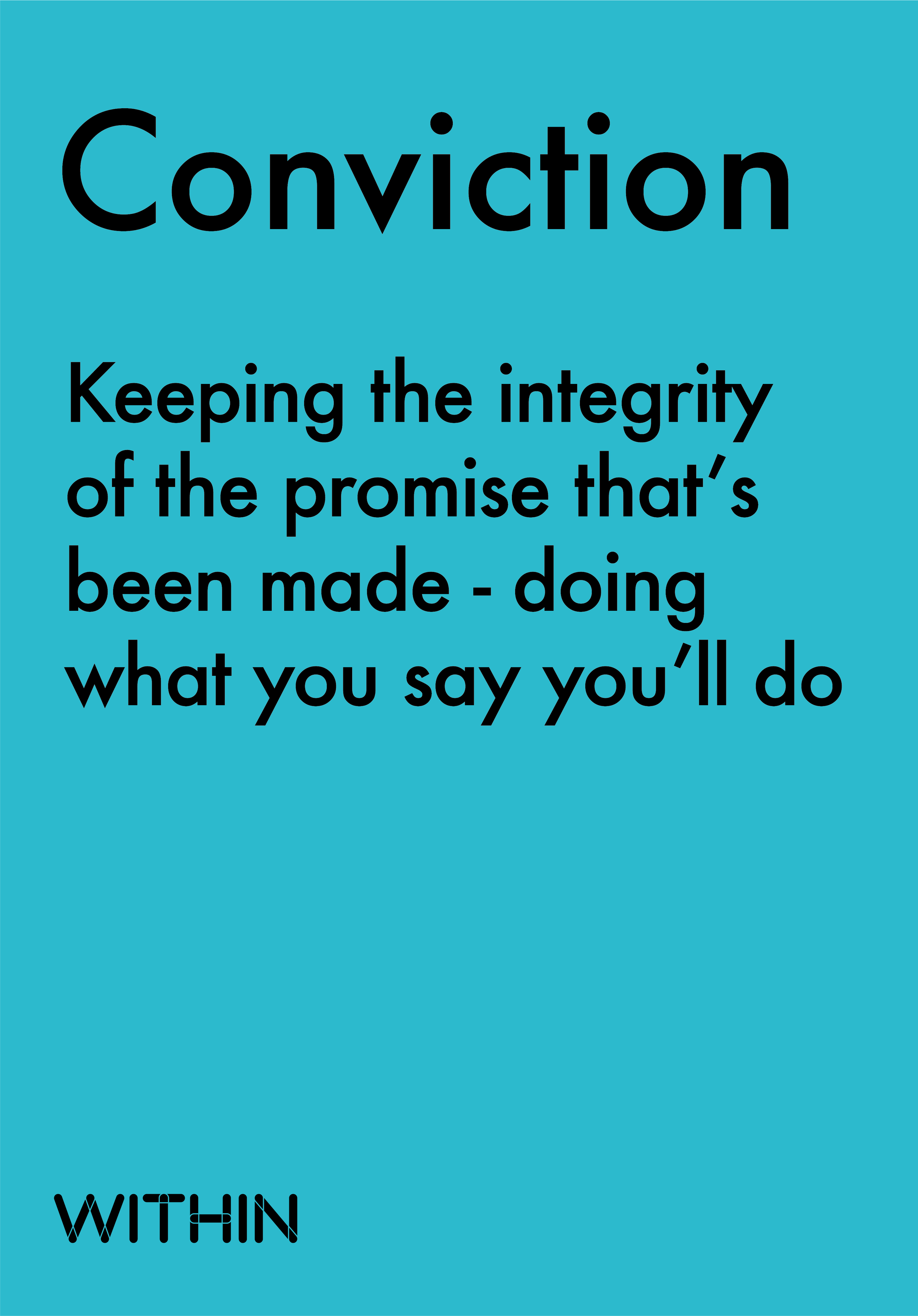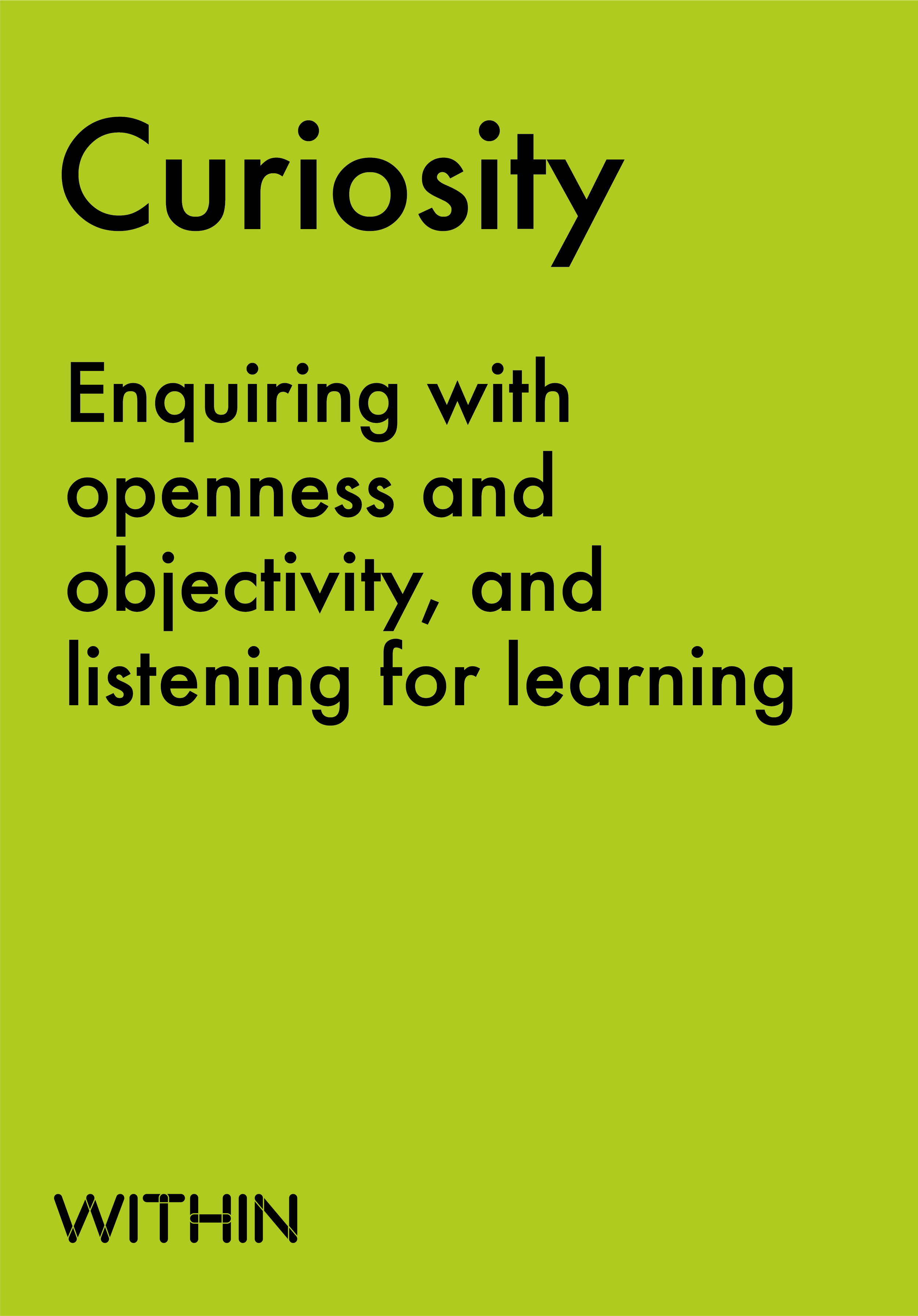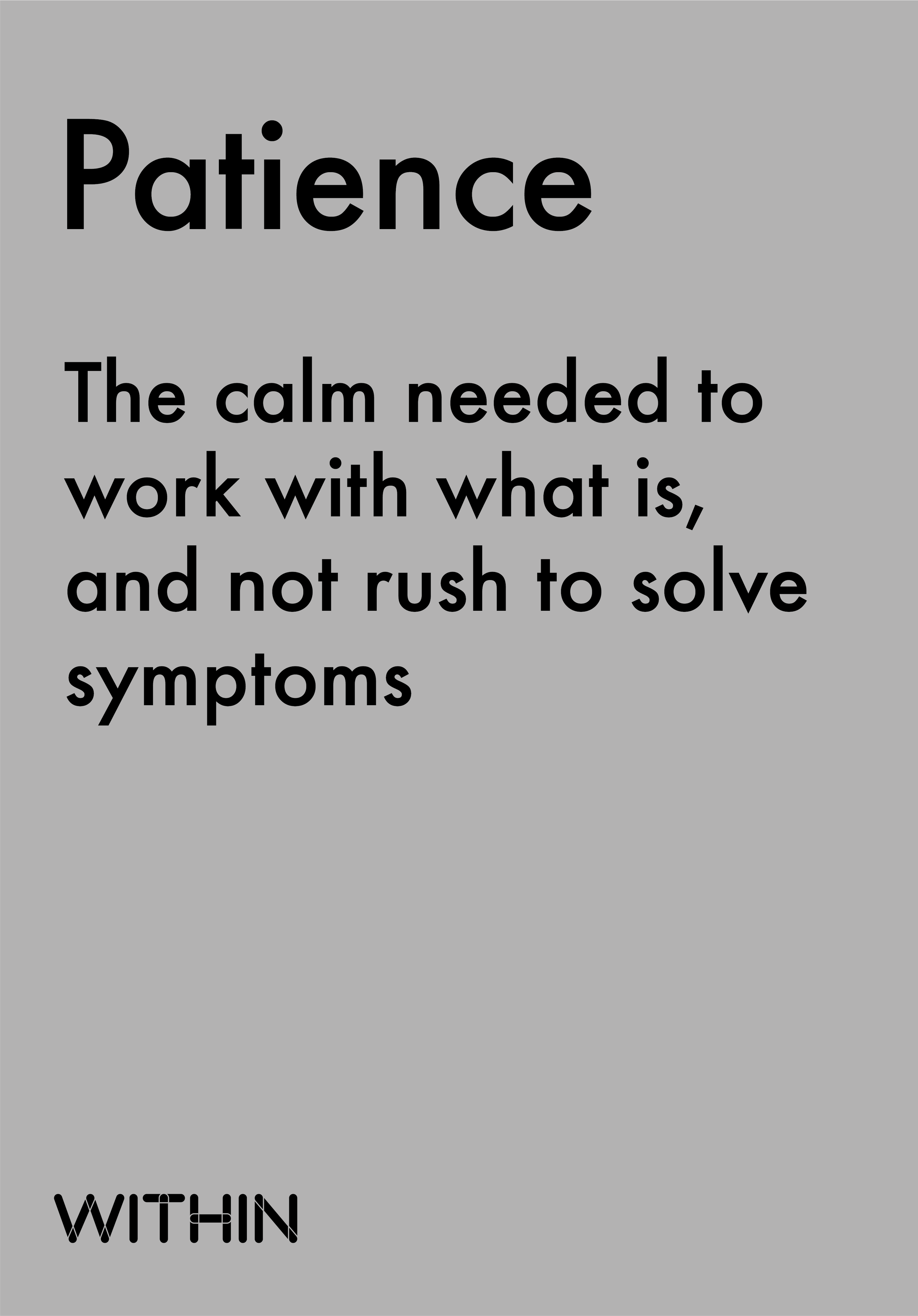Why humanity is the most essential quality for leaders today
Today’s leaders are finding themselves challenged by major happenings in the world of work and the world at large. From the pandemic to the invasion of Ukraine, rogue supreme courts to economic recession, leaders are being called to stand for their values, protect their people, tighten their belts and juggle uncertainty. Often at the same time. But through all that, we’ve watched one quality of leadership go from nice-to-have to essential: humanity.
In the last two years alone, we’ve seen leaders operate at both ends of the humanity spectrum.
On the positive end, a surge of empathy in the workplace accompanied the pandemic. Suddenly leaders were seeing into people’s homes, and sharing a collective time of fear, uncertainty and grief that had little regard for hierarchy. New levels of trust were built from the rubble of office hours, as leaders watched people get work done remotely, on their own terms. It was as if employees were able to shed their office exoskeletons and return to being humans.
And at the other end, we’ve also watched leaders systematically dehumanising people. A dictator invading a democracy with no care for the human cost. Legislators stripping the LGBTQIA+ community of its rights and dignity. A rogue U.S. Supreme Court jamming the biggest of sticks into the gears of women’s rights. Right down to leaders in the workplace insisting people return to the office because it’s easier to control them there – often stripping away the life-changing flexibility and empowerment that flexibility brought.
Leadership has always had a relationship with power. Old leadership was mostly concerned with taking it (often directly from others), and then hanging on to it. Amassing power and control gets a whole lot easier if you dehumanise the folks you want to take it from. (I have strong feelings about old leadership and why we’re done with it – here’s a rant if you’re interested.)
But human-centred leadership seeks to use a leader’s power as an enabling tool to help others step into their own power. And when more people have access to power, we make progress on creating freer, more equitable workplaces. So it follows that if your goal is to create a freer, more equitable world – even at work – first you need to re-humanise the workplace.
And, you guessed it, that starts with humanising leadership.
8 qualities of human leadership
Four years ago, we asked dozens of leaders who were growing progressive organisations around the world a simple question: what are the qualities needed to lead a purposeful, values-driven organisation where people can love who they are and what they do?
What we heard back surprised us, because the answers weren’t consistent with how leadership is generally understood or enacted. And it reassured us (for the same reason).
Here they are:
8 Qualities of Human-Centred Leadership
There are two things that really stood out to us about the qualities on this list, and they have big implications for how we understand leadership, and how we get better at it:
These are fundamentally human qualities: These are not skills you learn (although there are learnable skills that help bring them to bear). Rather, they’re ways of being.
Why is that important? It means these qualities don't depend on formal education, age, seniority or gender. And, that qualification for this kind of leadership extends beyond wealthy, greying, white cis men. If you are human, they are available to you.
So, these qualities aren’t a barrier to entry, they’re an invitation – to authentically tap into your own humanity, and extend it to others. This isn’t easy, but it's inclusive, and it opens the door to a much greater diversity of leaders, at all levels of a company.
These qualities require us to unlearn: Some of these qualities need to be nurtured over time (patience!), but many of them come standard for human beings. We’re born vulnerable and creative, with the capacity for love. As a result, we don’t need to learn these things; rather, we have to understand and unlearn what gets in the way of us showing up with them in the workplace.
The standard approach to helping more people lead has been to teach unconventional leaders the art of conventional leadership. How do we help introverts embrace their inner extrovert? How do we ignite the competitor in the compassionate? How do we help women “lean in?” What’s the quickest way to slather qualification and experience onto young people so we can respect them?
But the invitation here is not to learn more about leadership, but to unlearn what we think we know about it. To let go of the stories we each hold that get in the way of us showing up to lead. We can’t step into vulnerability without unlearning shame. We can’t step into empathy without unlearning bias.
Unlearning is way harder to do than learning. It’s much easier to see, hear and feel than it is to unsee, unhear and unfeel. Especially when so much of what we “know” wasn’t consciously learned in the first place, but absorbed from the collective story being told around us.
The collective story about leadership no longer serves us. And embracing the qualities of a human leader allows us to become aware of that old story and reject it.
A formula for purpose-driven leading today
In the four years since we defined human leadership qualities, a lot has happened. So it’s been interesting to reflect on how they serve the requirements of leaders today.
In the markets we operate in, we’ve seen Brexit, global climate protests, the fear and constraints of the pandemic, a resurgent anti-racism movement, an attack on democracy in plain sight, the “great resignation,” Russia’s illegal invasion of Ukraine, cruel legislation against women and the LGBTQIA+ community, a crashing economy – the list goes on.
And this is by no means an exhaustive list. But in its ongoing wake, we’ve watched a transformation of work with its shift in power in favour of employees, and a rising expectation that businesses will step in to provide leadership in a political leadership vacuum.
This brings us back to the call to action for leaders that I opened with. Imagine if leaders everywhere stepped into the eight qualities – what might that offer them?
Leading from a place of empathy and curiosity is an antidote to a polarising world of binary identities and beliefs. It requires leaders to humanise people and not fall prey to assumption and judgement that fuels division and dogma.
Creativity is what enables us to see past blockers of progress. Rather than being victims of the system around us, we get to reimagine and redesign it as leaders. Conviction means we do this with integrity to the purpose and values we serve. Leaders decide what they stand for, and then stand up for that – especially when times are tough.
Vulnerability enables leaders to be their authentic selves, which unlocks that permission for people they serve. As a war on underrepresented communities wages, vulnerable leaders create spaces where everyone can feel valued and brave.
Love was somehow the most surprising and the most obvious quality that surfaced in our list. It’s absent from how we’ve always understood corporate leadership, and yet so fundamental to how leaders see themselves, and others, as worthy of compassion and respect. Patience supports leaders to stay the course, as changing a system inevitably takes time.
How to start leading as a human in your business
Check yourself. Look at yourself as a leader through the lens of the eight qualities. Where are your strengths, your stretches? What are you being called to bring more of right now?
Create a leadership manifesto. Rip up the MBA and redefine what it really means to lead in your business.
Program unlearning. Reassess your leadership development programs. Are they simply layering on traditional leadership skills or are they stripping away barriers to human leadership?
Be a human, too. While you’re helping create a human-centred workplace, let your own humanity shine through.
As is the leader, so is everything else
None of us exists in a vacuum. Our choices about the type of leader we want to be have consequences. Simon Sinek puts it well: “So goes the leader, so goes the culture. So goes the culture, so goes the company.”
Regardless of where you lead, consider what you want to spark or dampen in those around you. And then think about how that shapes your teams, your culture, your business and your clients.
If you have a choice (and we all do), choose to tap into your humanity. It’s the path to equitable, liberating, creative, joyful experiences for everyone, and not just at work. As leader, you determine the direction of your culture, company, and quite possibly, society around you.
Your choice is worth the change.
Need help with developing as a human-centred leader, or evolving an equitable workplace? Get in touch!

